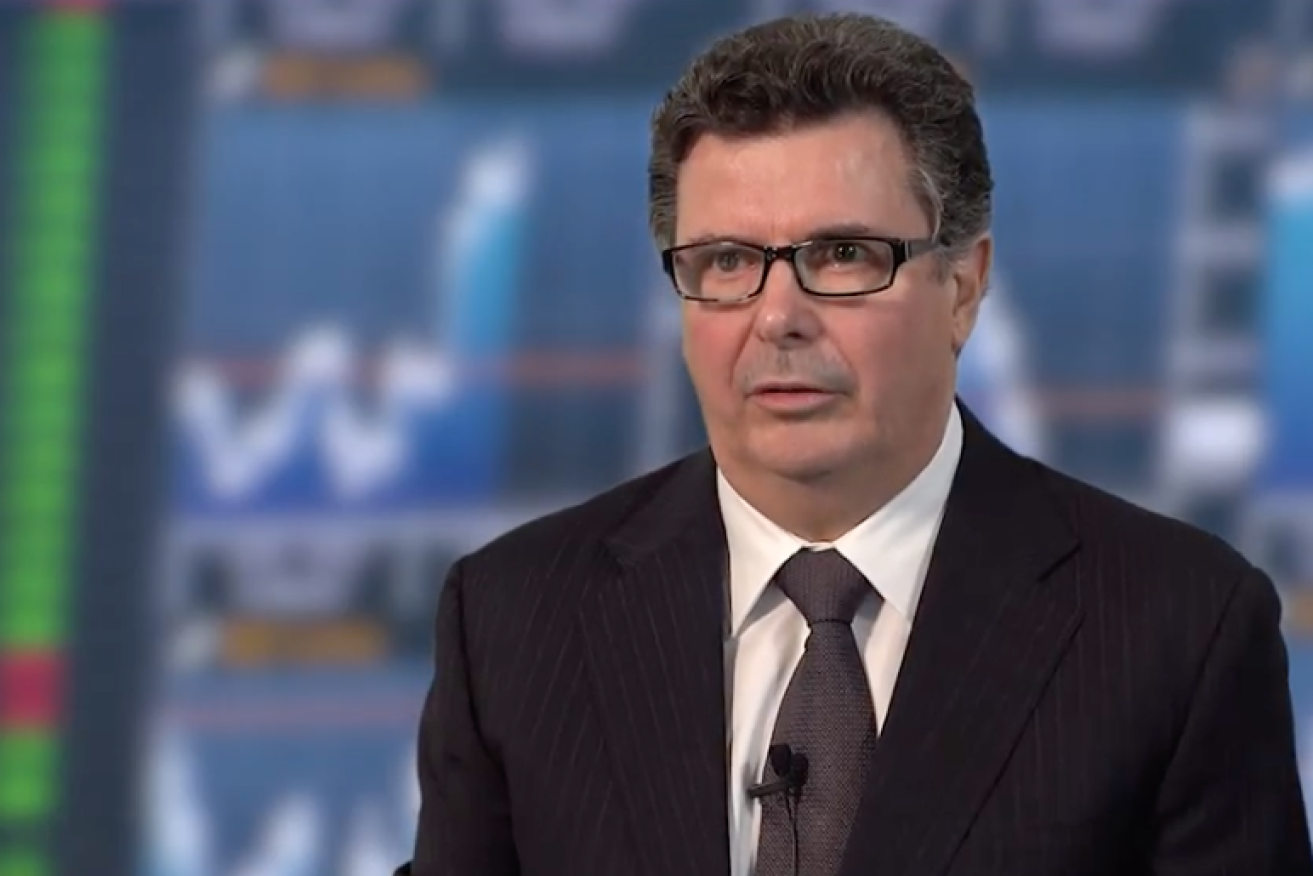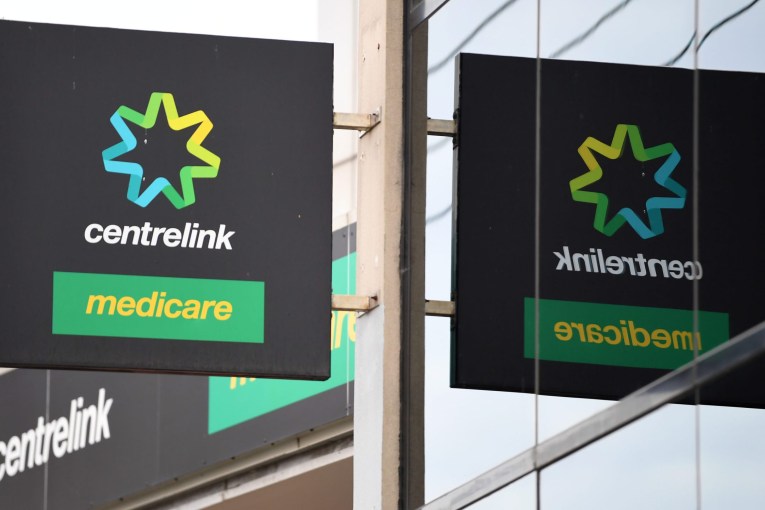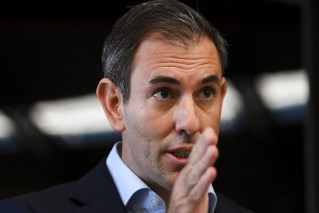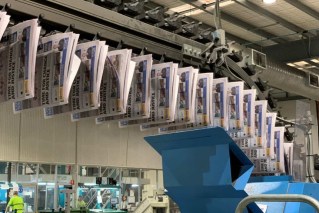Recession a 30 per cent risk, social disharmony already here says QIC
The chances of Australia heading into a double dip recession was about 30 per cent, according to QIC chief economist Matthew Peter.


QIC chief economist Matthew Peter (Image supplied)
But in the QIC’s latest podcast, he said if it was to happen it would be likely to be in the September and December quarters and this week’s data on the June quarter should be slightly positive.
Peter also warned about growing social disharmony because of the wealth disparity, an issue that has been increased by the pandemic lockdowns.
A technical recession is two quarters of negative economic activity and Australia’s world leading record of 30 years without a recession was smashed last year when nationwide lockdowns plunged the economy into negative growth.
“If you take it as a technical recession … then yes, it is a possibility,’’ Peter said.
“The September quarter GDP has baked into it a drop of growth of 2.5 to 3 per cent because of the lockdowns. We will have to see how quickly we roll out the vaccines and what that means for the December quarter.
“The June quarter which will be below trend but at the moment should be slightly positive.
“At QIC we are putting the probability of a recession at a relatively high 30 per cent, mainly because of the risks of a negative out turn in the September and of course December quarters. It is not our central case but it is a probability.’’
AMP economist Shane Oliver said last week the likelihood was about 45 per cent. The NAB earlier this month said a recession in the June and September quarters was likely.
However, Peter said there were already significant problems in the economy notably growing wealth disparity, an issue highlighted in InQueensland last week when demographer Simon Kuestenmacher referred to the hollowing out of the middle class in Australia.
“The greatest driver of wealth inequality over the last decade since the GFC has been ultra-low interest rates,’’ Peter said.
“Low interest rates have boosted the value of assets from equities to residential real estate to exotic cars and artworks. It has favoured those already with large wealth portfolios, so those who are already wealthy and speculators who have been ready and able to leverage their portfolios.
“On the other hand it has undermined the wealth of those dependent on fixed income assets, which is mainly our elderly and retired. Superannuation has meant that most workers can enjoy the boost to wealth this process has generated, but I think it still skews to those who have already accrued significant wealth and those willing to risk all through leverage.
“Now what history teaches us is that large divisions and growing divisions of wealth in societies that have any democratic political mechanism embedded in their society … it always leads to social disharmony, be it the last decades of the republic of ancient Rome or the constitutional monarchy of today’s Australia.’’
He said people in the knowledge economy had also been able to work during lockdowns whereas those in the service economy, who had to be physically present at work, could not.
“Will it lead to disharmony? Yes, it will for the same reason I said before. In any society where people can express their discontent one of the main drivers of disharmony is the opening up of wealth disparities.’’












